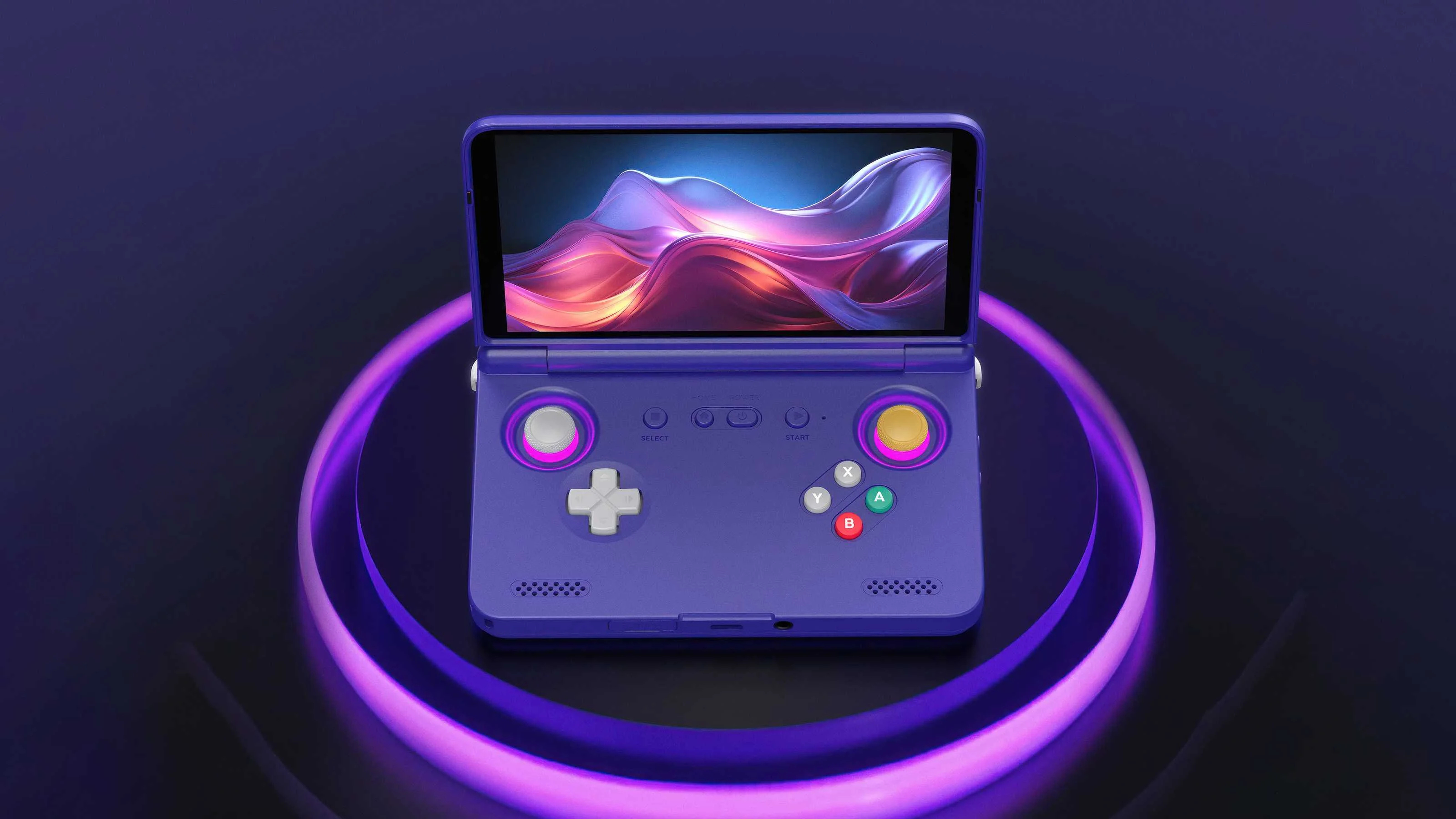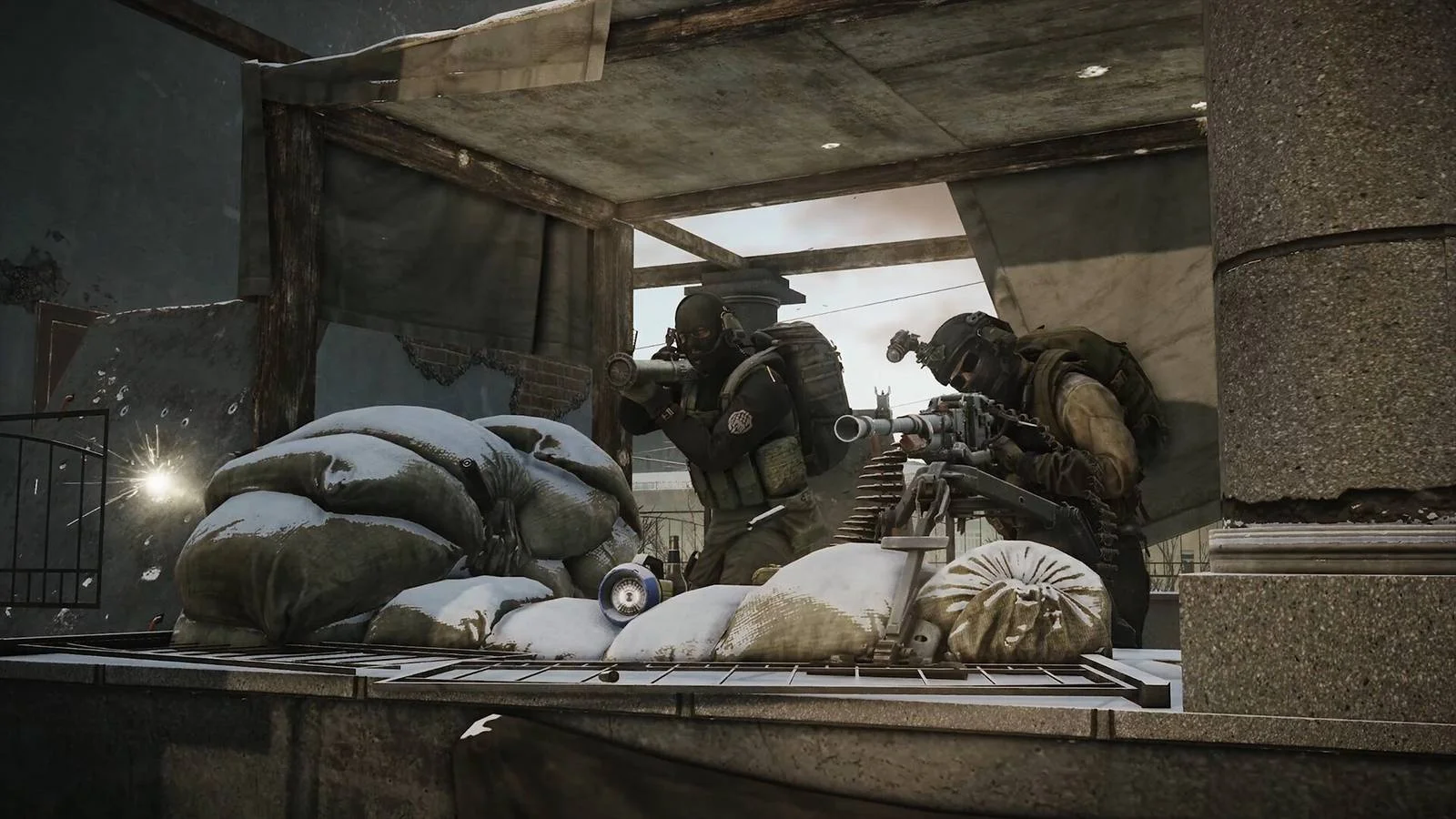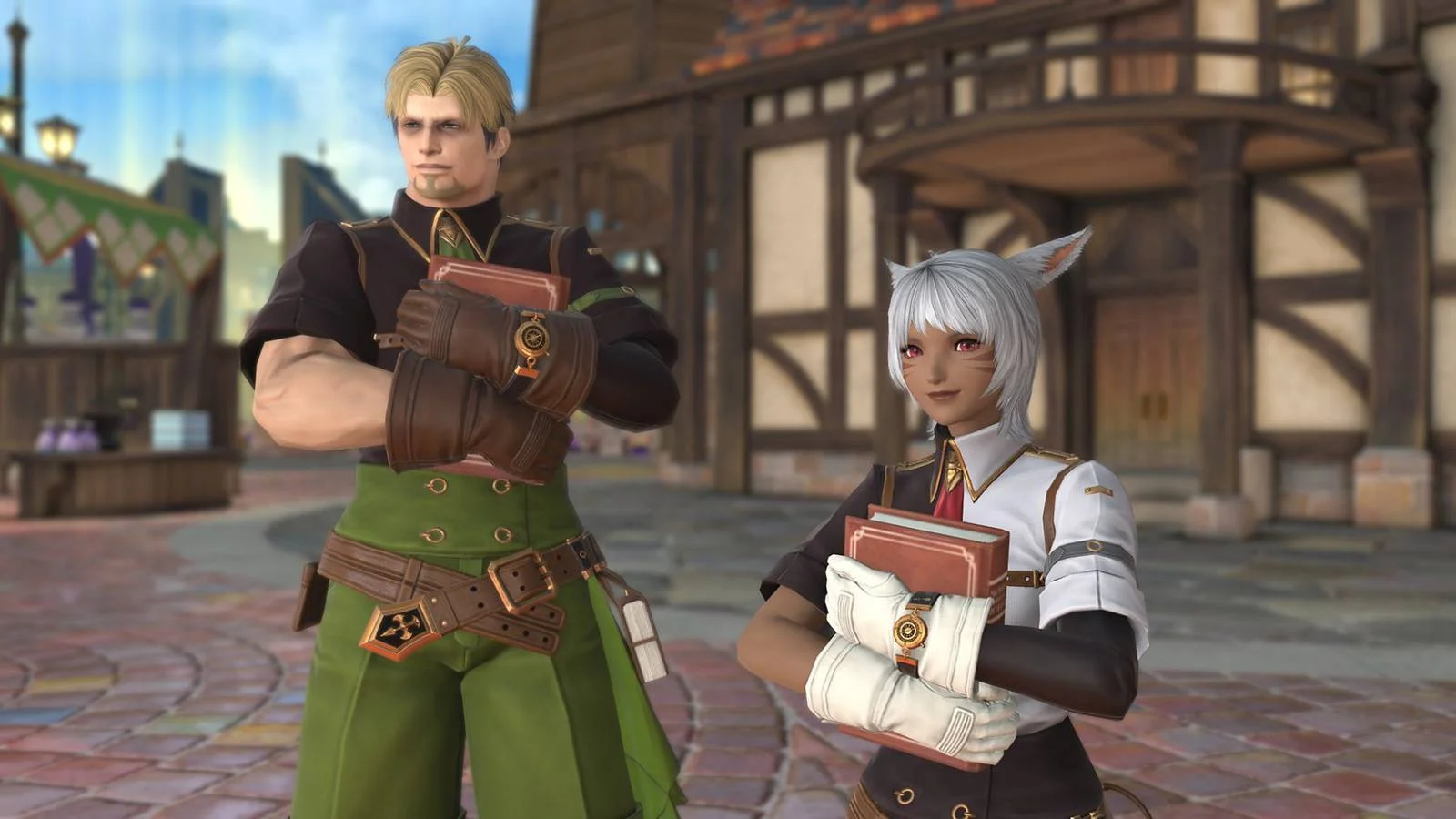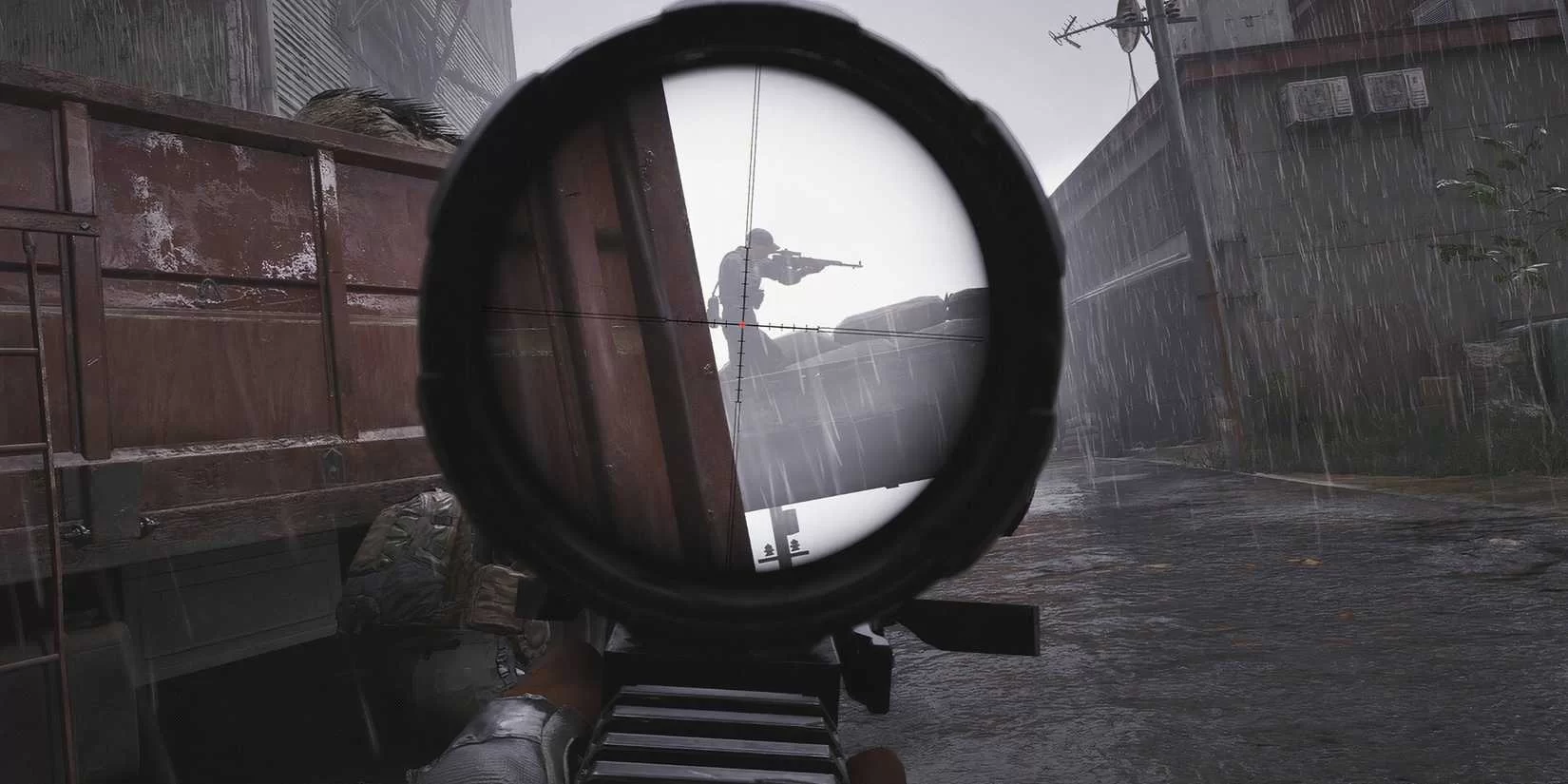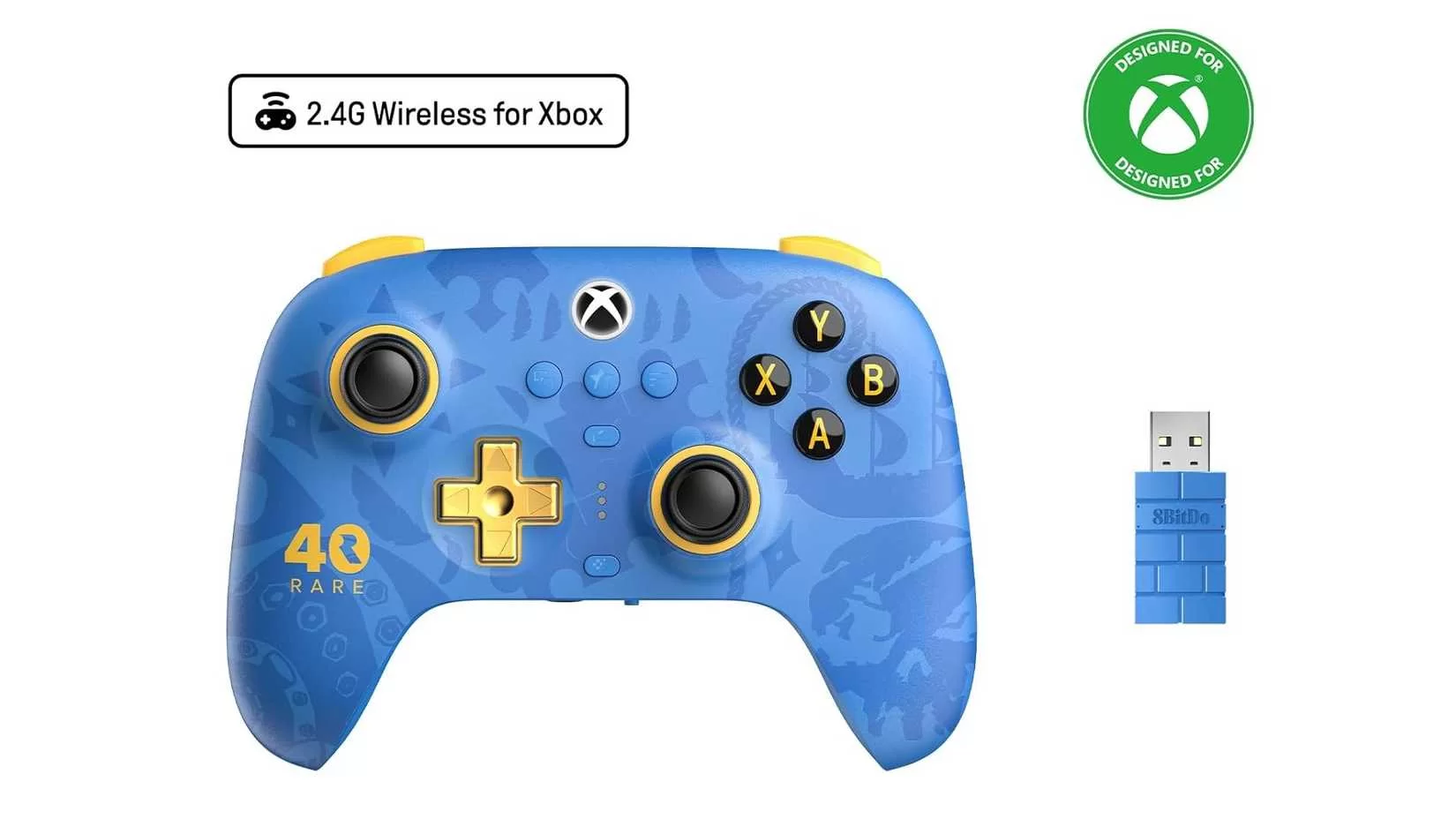The retro gaming community is buzzing this week after Retroid, one of the most respected names in the handheld emulation scene, issued an official statement addressing allegations that American rapper Soulja Boy has been selling rebranded versions of its consoles under his own name.
The controversy erupted after fans and reviewers noticed that Soulja Boy’s new “SouljaGame Flip” handheld bears an uncanny resemblance to the Retroid Pocket Flip 2, both in design and internal specifications. Retroid has now stepped forward to clarify that the artist does not have permission to rebrand or sell its products, reigniting a conversation about intellectual property, knockoff consoles, and Soulja Boy’s long history of questionable gaming ventures.
⚙️ Retroid Calls Out Soulja Boy Over Alleged Handheld Clone
In an interview with Retro Dodo’s Brandon Saltalamacchia, a Retroid representative confirmed that the company is aware of Soulja Boy’s latest product and is taking the matter seriously.
“He does not have permission to rebrand our products and sell them as his own,” the official statement reads. “The Pocket Flip 2 is a patented product designed and manufactured by Retroid, and we have not entered into any licensing or resale agreements with Soulja Boy or any third parties.”
The statement adds that Retroid holds patents for the Pocket Flip 2 in the United States, making any unauthorized rebranding or resale a clear violation of intellectual property laws.
The alleged rebranded version — marketed by Soulja Boy as the SouljaGame Flip — is listed on his official website for approximately $200 USD, though earlier listings reportedly showed a price tag of over $400.
While Retroid has not confirmed any immediate legal action, the tone of its response suggests that the company is exploring its options to protect its brand.
💻 Side-by-Side Comparison Reveals Striking Similarities
The resemblance between the SouljaGame Flip and the Retroid Pocket Flip 2 is difficult to ignore. Fans and tech reviewers have pointed out that the two devices share virtually identical:
-
Chassis design, including hinge placement and button layout.
-
Color schemes and material finishes.
-
System UI — with menu icons and firmware interfaces appearing nearly identical.
-
Internal specifications, including chipset, RAM configuration, and display resolution.
A teardown comparison by retro handheld enthusiasts even suggested that the SouljaGame Flip might be a direct clone, with only the branding and packaging changed.
One Reddit user summed it up bluntly:
“This isn’t a copy — it’s literally the same console with a sticker on it.”
💡 A History of Controversial Gaming Ventures
This isn’t the first time Soulja Boy, whose real name is DeAndre Cortez Way, has made headlines for launching questionable gaming hardware.
Back in 2018, the rapper released a line of consoles called SouljaGame Console and SouljaGame Handheld, which were widely criticized for including unlicensed emulators preloaded with Nintendo titles.
After Nintendo reportedly threatened legal action, Soulja Boy pulled the products from sale, tweeting at the time:
“I had to boss up, I didn’t have a choice.”
Despite the setback, Soulja Boy returned to the gaming hardware space in 2021, promoting another line of handhelds that many claimed were rebranded versions of the original Retroid Pocket. Those devices were similarly pulled from the market following backlash and legal concerns.
Fast forward to 2025, and history appears to be repeating itself — this time with even clearer evidence that his latest “new console” may be a direct rebranding of Retroid’s legitimate products.
🕹️ Retroid’s Legacy in the Handheld Market
Founded in Shenzhen, China, Retroid has built a strong reputation among retro gaming enthusiasts for delivering affordable, high-performance handheld emulation consoles.
The company’s devices — including the Retroid Pocket 3+, Pocket Flip, and Pocket Flip 2 — have been praised for their build quality, software optimization, and customer support, distinguishing them from the sea of unbranded Chinese handhelds on the market.
Unlike many white-label manufacturers, Retroid actively develops its own firmware, hardware, and companion software, with each new generation introducing improved performance and ergonomic design.
Because of this, the company has become a cornerstone in the handheld emulation scene, and any misuse of its brand name or intellectual property threatens both its reputation and the trust of its community.
💬 Community Reactions: Frustration and Amusement
As news of Retroid’s statement spread online, the gaming community reacted with a mix of frustration, disbelief, and humor.
While some fans are annoyed that Soulja Boy appears to be repeating old mistakes, others have turned the controversy into a meme-filled spectacle.
One comment on Twitter read:
“How many times can one man get sued for the same console?”
Another user quipped:
“Somewhere, a Retroid engineer just facepalmed so hard it reset the firmware.”
Despite the jokes, many in the community expressed sympathy for Retroid, pointing out that cloning or rebranding legitimate handhelds can damage the market’s credibility and discourage innovation from smaller, legitimate manufacturers.
🧩 What’s Next for Retroid and Soulja Boy?
While Retroid hasn’t explicitly stated what actions it plans to take next, the company’s statement hints at a zero-tolerance stance toward unauthorized reselling or rebranding.
Legal experts note that because the Retroid Pocket Flip 2 is patented in the United States, Retroid has the option to pursue a cease-and-desist order or civil litigation if Soulja Boy continues marketing the product.
So far, Soulja Boy has not issued any public comment on the accusations. His official website still lists the SouljaGame Flip, though some users have reported difficulties completing purchases, suggesting that listings may be quietly taken down or modified in response to backlash.
Retro Dodo also reports that another alleged clone — based on Retroid’s Pocket 4 — briefly appeared on Soulja Boy’s store earlier this year before disappearing. Screenshots from the now-deleted listing show a nearly identical design, further supporting claims of repeated infringement.
💰 Soulja Boy’s Claims of Past Success
In multiple interviews and social media posts, Soulja Boy has claimed that his previous console ventures were financially successful, stating that the original SouljaGame line sold “over five million units worldwide.”
However, these numbers have never been independently verified, and many analysts doubt their accuracy given the limited availability and controversy surrounding those devices.
If anything, this new incident may undermine his credibility in the gaming hardware space even further, especially as Retroid’s official statement continues to circulate.
⚖️ The Larger Issue: Cloning in the Handheld Industry
The Soulja Boy controversy highlights a much broader issue affecting the retro handheld market — unauthorized cloning and white-label reselling.
Many Chinese manufacturers produce affordable emulation handhelds that are later rebranded by resellers and sold under new names, often at inflated prices. These clones sometimes use identical hardware but lack firmware updates, support, or warranties.
Retroid has worked hard to distinguish itself as a legitimate brand, producing original hardware and supporting its devices with regular software updates and customer communication. That makes any unauthorized cloning of its products particularly damaging.
“Retroid has earned its position through consistent innovation,” one Retro Dodo analyst wrote. “Having their work rebranded and resold undermines the trust they’ve built with players around the world.”
🎯 Final Thoughts: A Familiar Controversy in a Growing Market
Soulja Boy’s gaming ambitions have once again landed him in hot water — and this time, the allegations appear more concrete than ever. With Retroid publicly confirming that no agreement exists and emphasizing its ownership of design patents, the rapper could soon face renewed legal scrutiny.
For Retroid, the statement serves as both a warning and a reaffirmation of its commitment to protecting its brand integrity. As the handheld gaming scene continues to thrive, maintaining trust between manufacturers and consumers is more important than ever.
Whether the SouljaGame Flip remains on sale or is quietly pulled offline, this incident will likely go down as yet another cautionary tale about the dangers of white-labeling without authorization — and a reminder that originality still matters in an industry built on nostalgia.

